Best Seasons for Foundation Repairs
Foundation repairs are most effective when performed during specific seasons, depending on weather conditions and soil stability. Timing can influence the success and longevity of repairs, making it essential to choose the optimal period for intervention.
Spring offers moderate temperatures and soil moisture levels, which facilitate effective foundation stabilization. However, increased rainfall can sometimes delay work or cause soil movement.
Summer provides longer daylight hours and stable weather, ideal for foundation work. High temperatures and dry soil conditions can make repairs more predictable.
Fall is suitable due to cooler temperatures and less soil movement. Preparing foundations before winter can prevent further damage caused by freezing and thawing cycles.
Winter is generally less favorable due to frozen ground and harsh weather conditions. However, in mild climates, some repairs can be scheduled with proper planning.
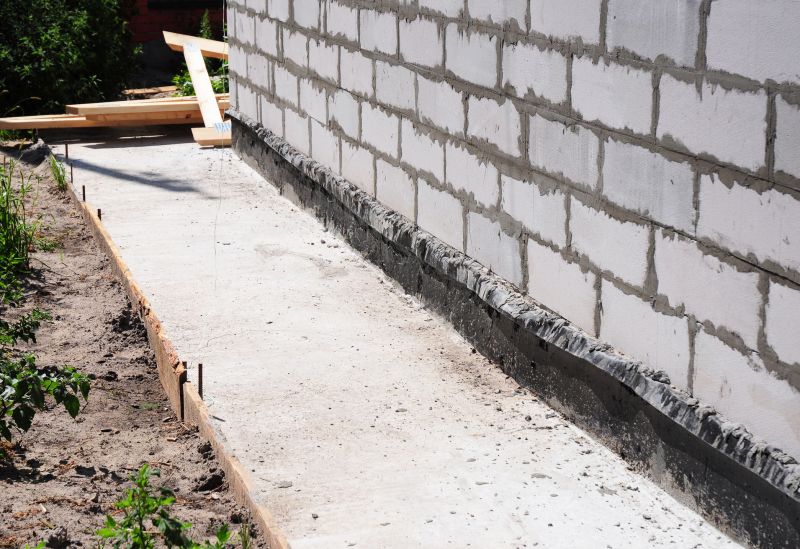
Springtime foundation repairs benefit from soil conditions that allow for better stabilization.
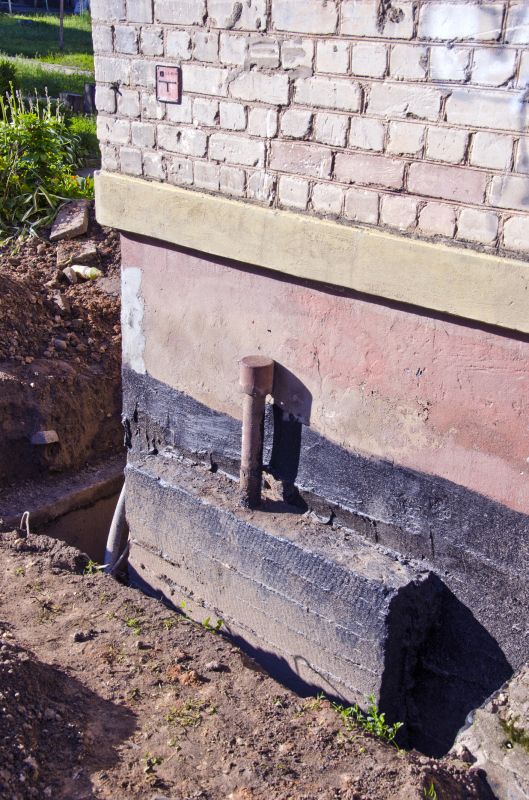
Longer days and stable weather make summer a popular season for foundation repairs.
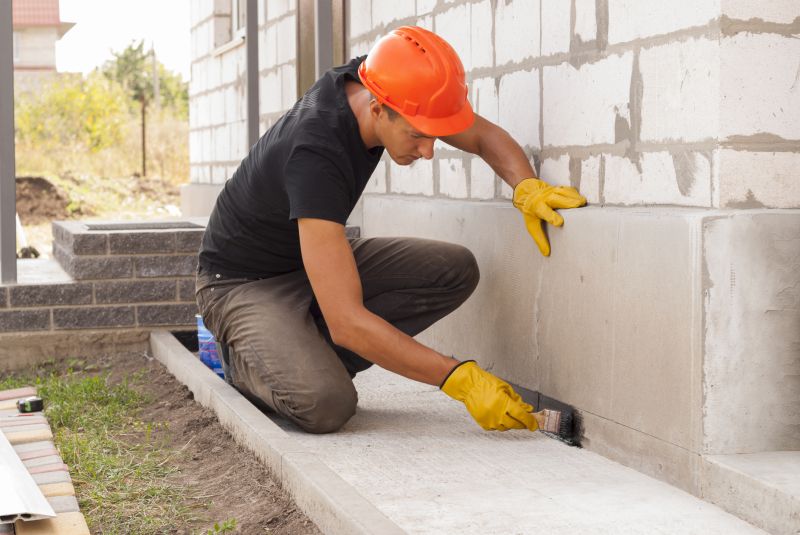
Addressing foundation issues in fall can prevent winter damage and soil expansion.
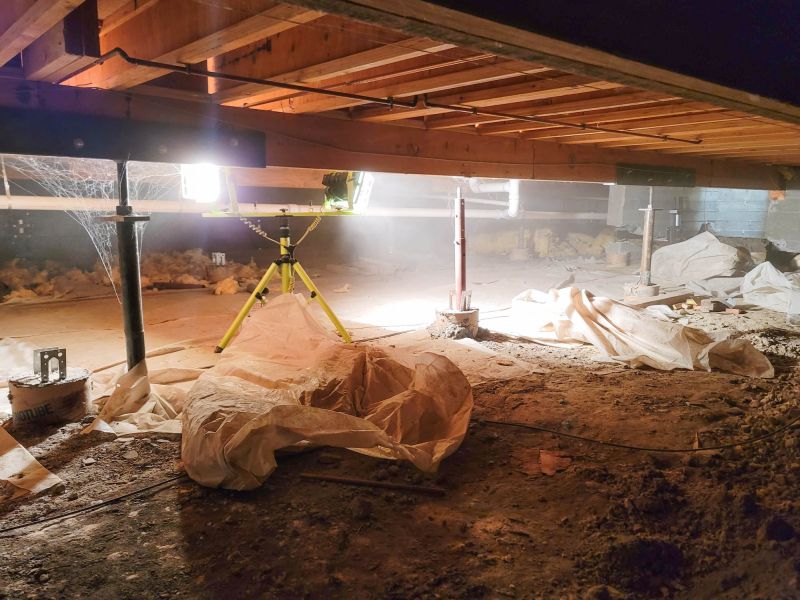
Ways to make Foundation Repairs work in tight or awkward layouts.
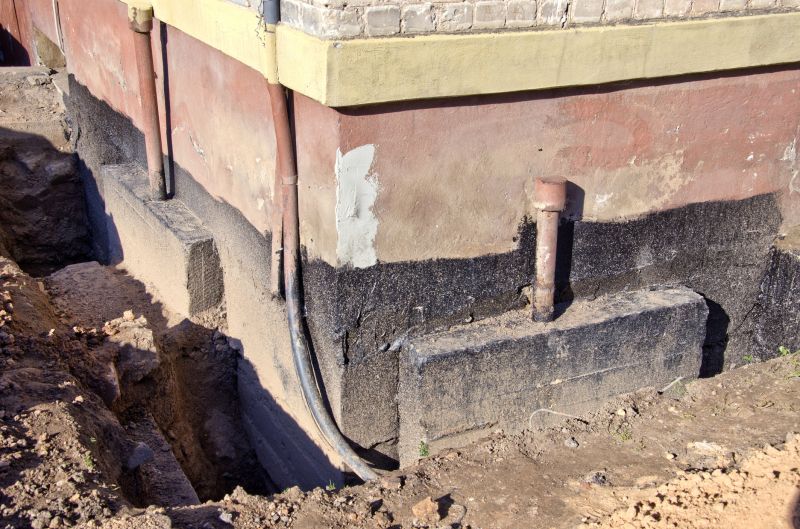
Popular materials for Foundation Repairs and why they hold up over time.
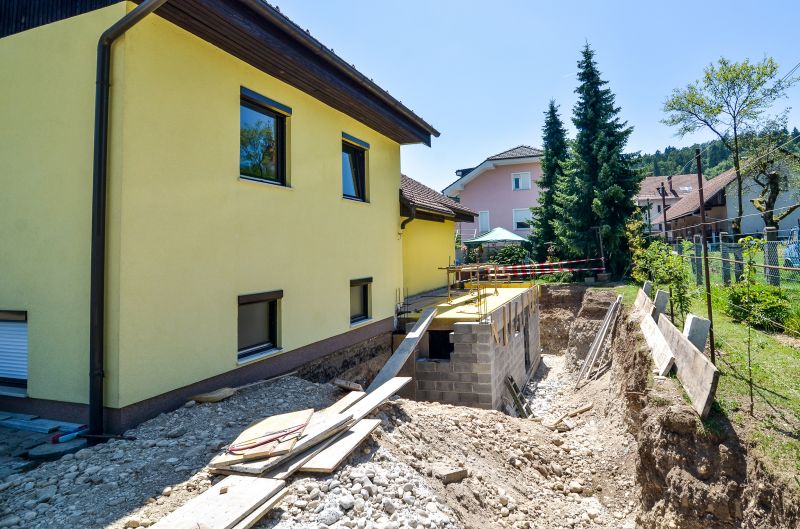
Simple add-ons that improve Foundation Repairs without blowing the budget.
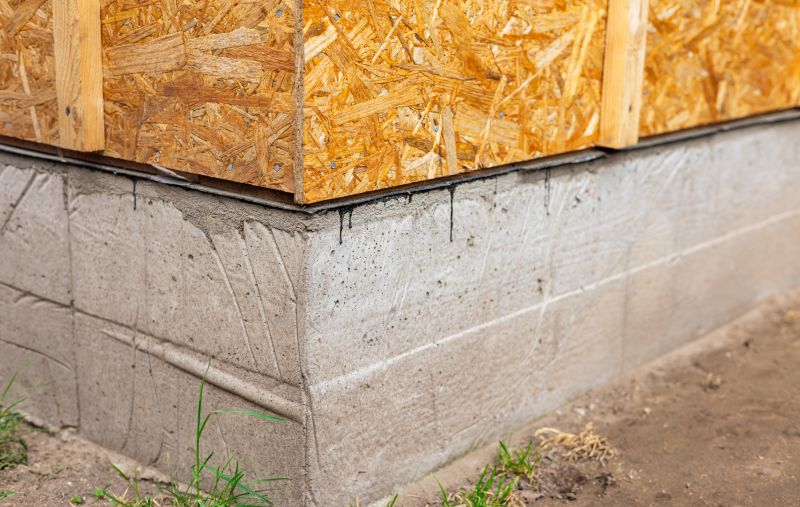
High-end options that actually feel worth it for Foundation Repairs.
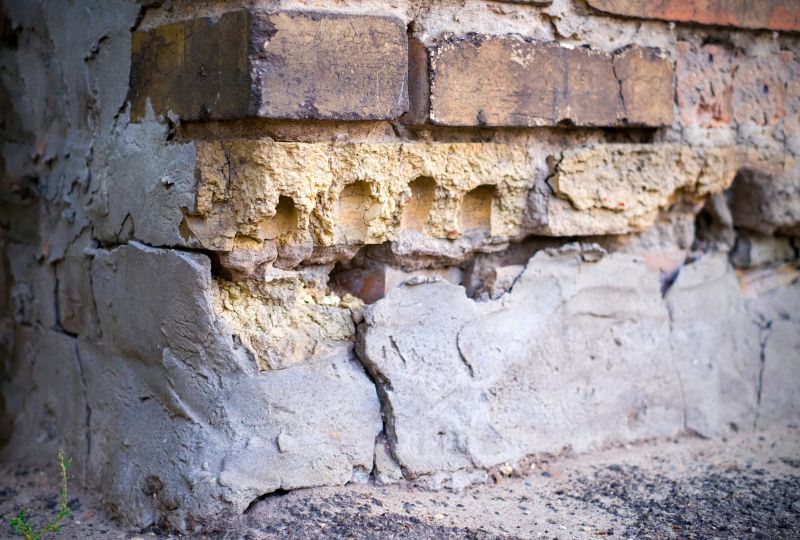
Finishes and colors that play nicely with Foundation Repairs.
| Season | Ideal Conditions |
|---|---|
| Spring | Moderate temperatures, moist soil, manageable rainfall |
| Summer | Dry soil, longer daylight, stable weather |
| Fall | Cooler temperatures, less soil movement, preparation for winter |
| Winter | Frozen ground, less suitable except in mild climates |
Foundation repairs are critical for maintaining structural integrity and preventing further damage to a property. The timing of these repairs can significantly influence their effectiveness. Properly scheduled repairs can address issues such as settling, cracking, or shifting foundations, which are often caused by soil movement, moisture changes, or temperature fluctuations. Statistics indicate that addressing foundation problems early can reduce long-term costs and prevent extensive structural damage. Regular inspections and timely repairs are essential components of maintaining a safe and stable property.
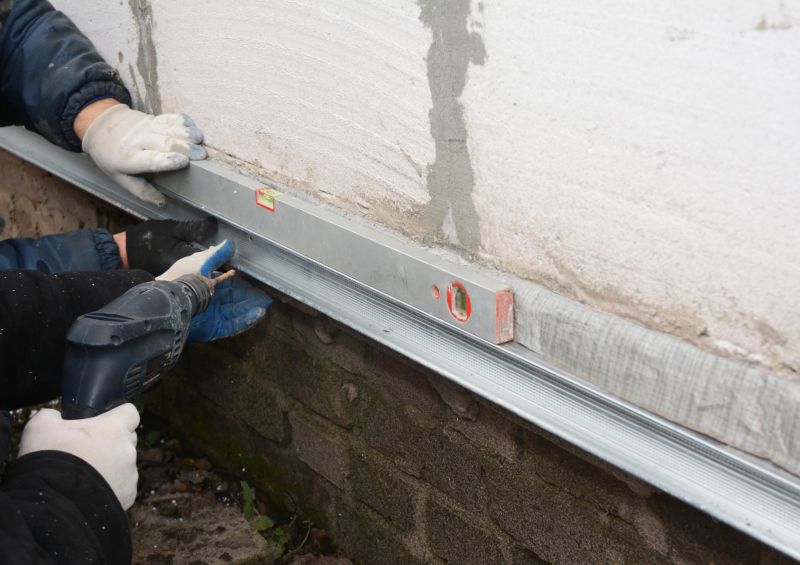
A detailed process involving assessment, stabilization, and reinforcement to ensure long-lasting results.
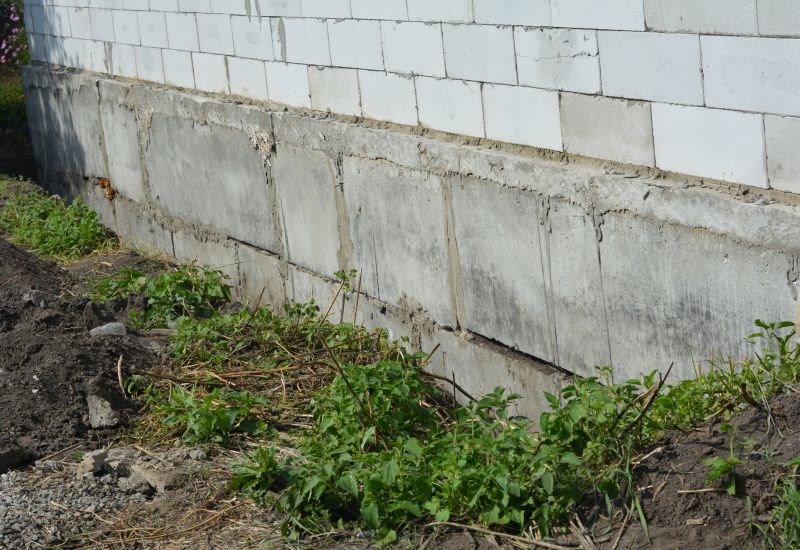
Visual evidence of foundation stabilization and structural improvements.
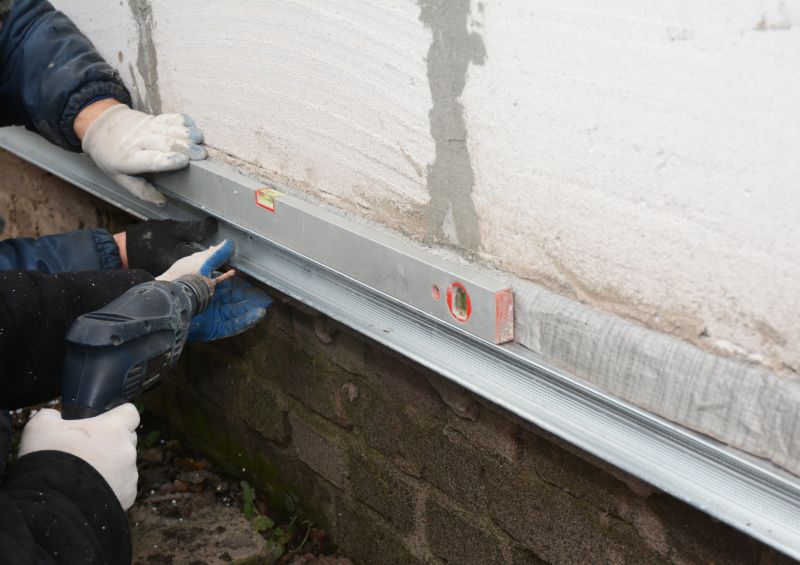
Specialized tools and machinery essential for effective foundation work.
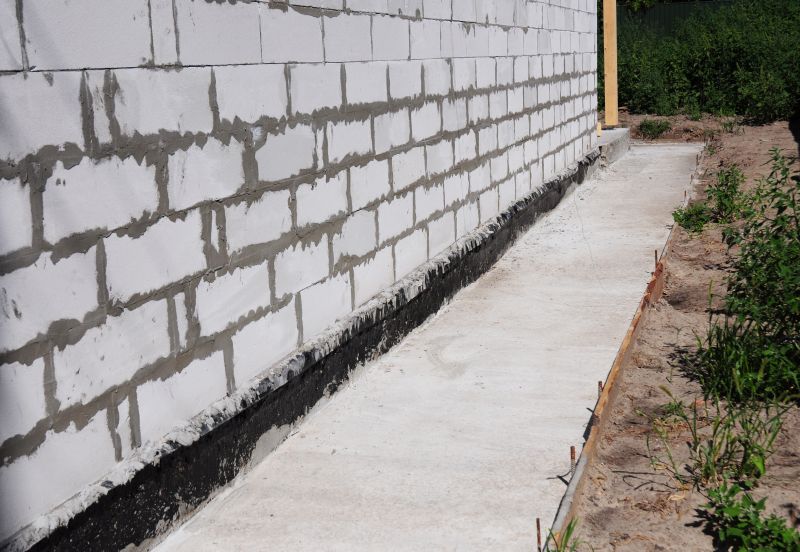
Methods used to prevent future soil movement and foundation shifting.
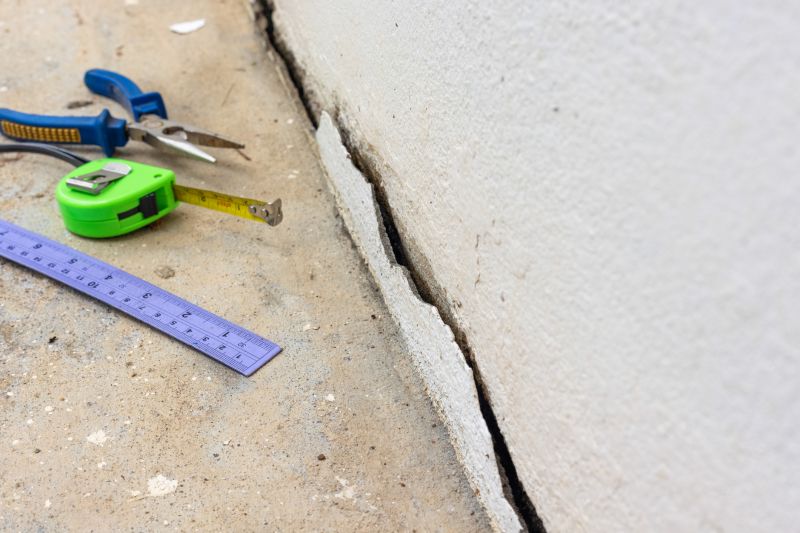
Little measurements that prevent headaches on Foundation Repairs day.
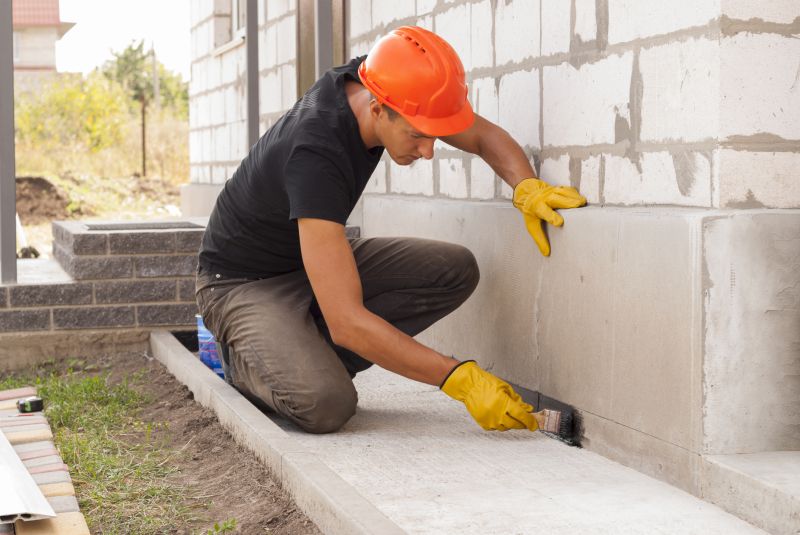
A 60-second routine that keeps Foundation Repairs looking new.
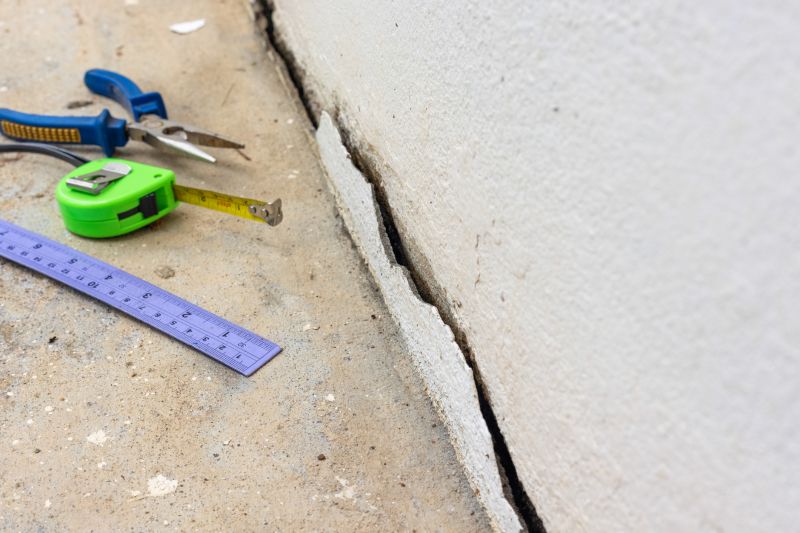
A frequent mistake in Foundation Repairs and how to dodge it.

Small tweaks to make Foundation Repairs safer and easier to use.
Choosing the right time for foundation repairs ensures the best possible outcome. Seasonal factors such as soil moisture, temperature, and weather stability play significant roles in repair success. Regular assessments and prompt action can prevent minor issues from developing into major structural problems, saving property owners time and money.
Cracks in walls, uneven floors, and sticking doors are common indicators.
Early intervention can prevent costly structural damage and preserve property value.
Techniques include underpinning, slabjacking, and piering, tailored to specific issues.
Selecting experienced specialists ensures quality work and long-term stability.
Proper timing and method selection are essential for effective foundation repairs. Understanding seasonal impacts helps property owners plan accordingly, minimizing disruptions and ensuring durable results.


